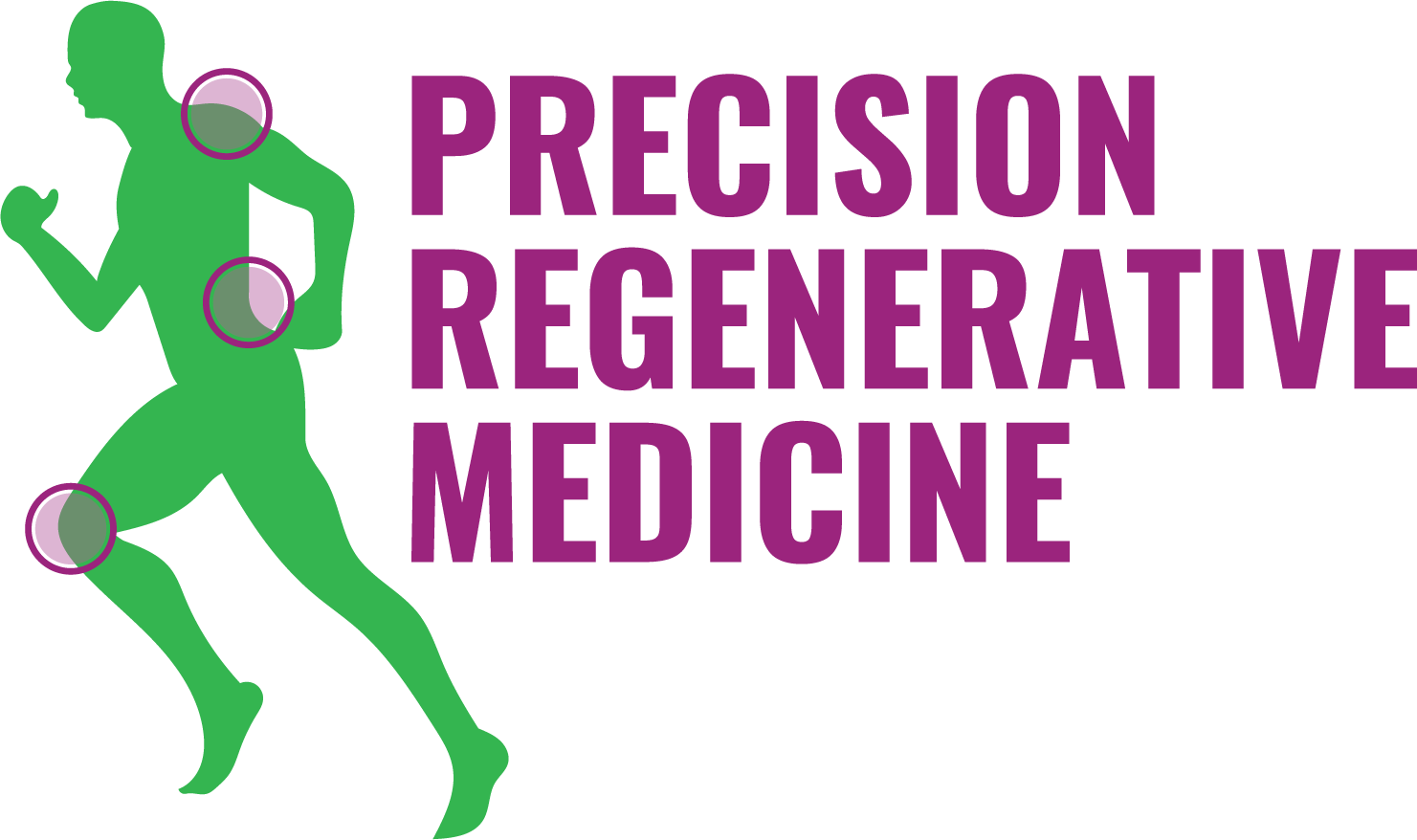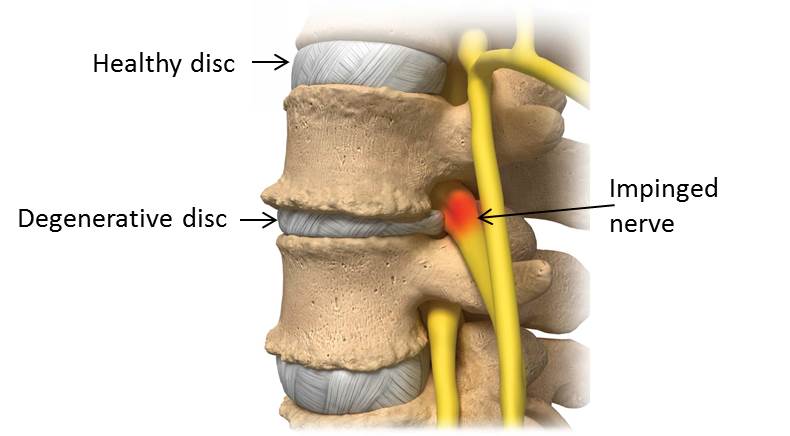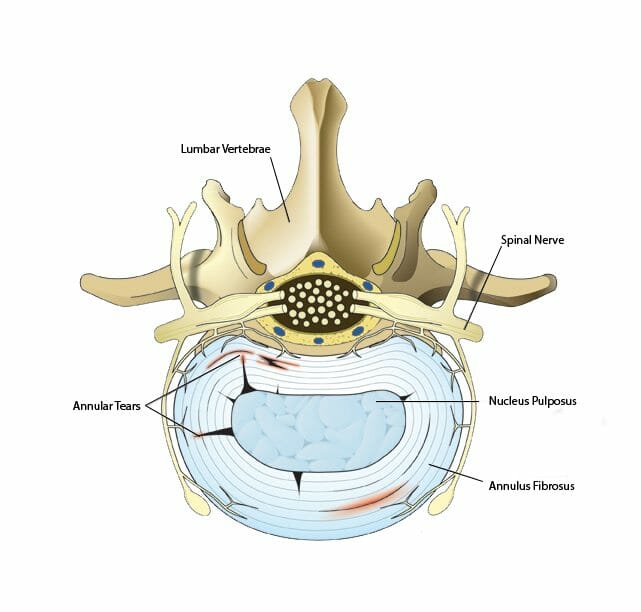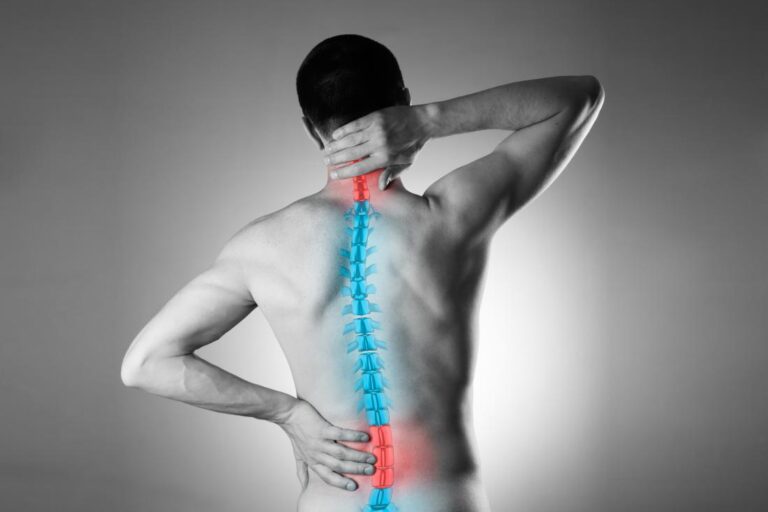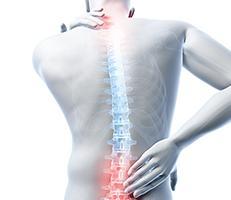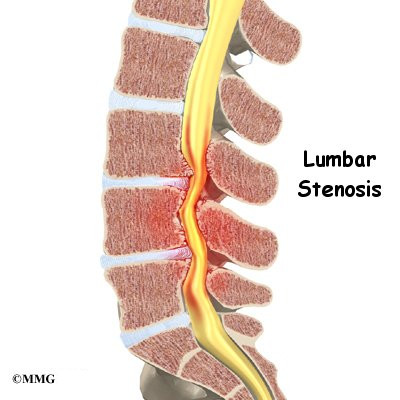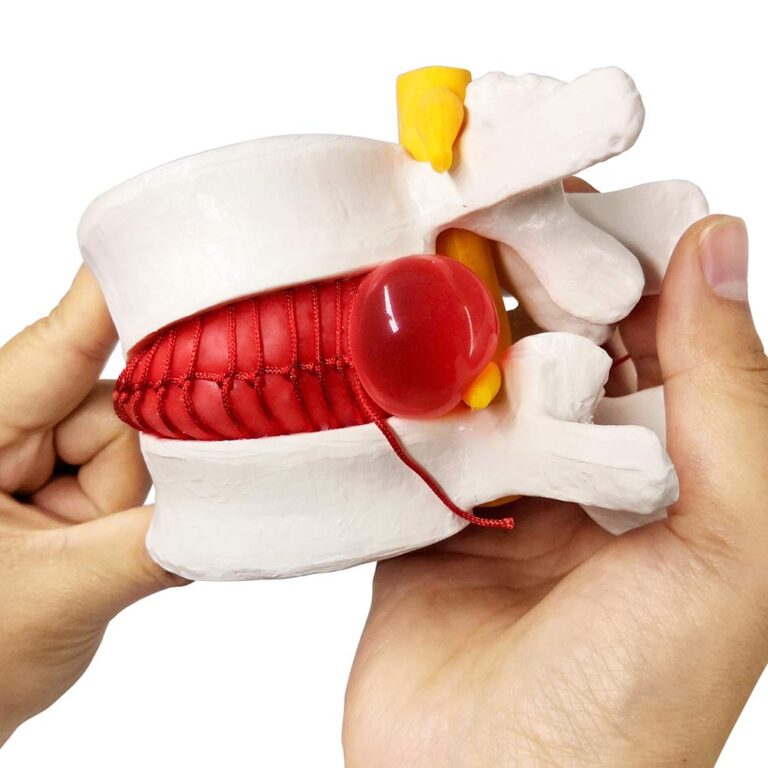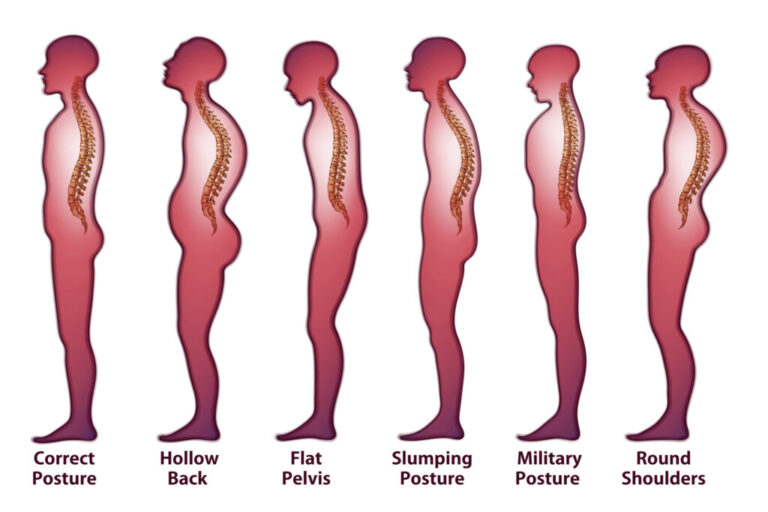A Closer Look at Degenerative Disc Disease (And What You Can Do About It)
As you get older, the structures of your spine begin breaking down. By age 40, you can expect to have some degree of degenerative disc disease.
When pain from degenerative disc disease becomes too much for you, seek help at Precision Regenerative Medicine.
Our experienced physician, Tammy Penhollow, DO, specializes in regenerative therapies that use substances from your own body to heal the root cause of spine pain and improve overall mobility.
What to know about degenerative disc disease
In between the vertebrae of your spine sit protective discs that absorb the shock of your movements. In general, these discs are strong and durable, but they can wear down and even rupture over time.
When the disc wears away, it can no longer protect your spine. Your bones can rub together, creating friction that triggers persistent inflammation and pain. They can also lead to additional issues that further complicate your spine’s health and range of motion, such as:
- Scoliosis
- Osteoarthritis
- Spinal stenosis
- Spondylolisthesis
You can also experience ongoing back and neck pain if the disc ruptures. When the tough outer shell of the disc dries out and breaks open, the gel-like center can push outward.
The disc material may compress surrounding nerves or your spinal cord and cause symptoms that worsen over time.
Risk factors for degenerative disc disease
Your risk of developing degenerative disc disease can increase as you age due to changes in your spine.
In addition to aging, degenerative disc disease can also develop prematurely because of the following:
- Obesity
- Smoking
- Spine injuries
- Sports injuries
- Work-related repetitive use injuries
Initially, your symptoms may include on-and-off back or neck pain, tingling and numbness in your arms and legs, and shock-like pain that radiates down into your hips and buttocks. These symptoms can worsen over time and ultimately interfere with your mobility.
Before your condition worsens, you should schedule a diagnostic evaluation at Precision Regenerative Medicine. Dr. Penhollow can confirm a degenerative disc disease diagnosis during a physical exam, X-rays, and other diagnostic imaging tests.
Regenerative therapies for degenerative disc disease
Regenerative therapies use substances from your body to support your natural healing processes. Dr. Penhollow may recommend one or more treatments to relieve your pain and reduce inflammation in your spine.
Treatments for degenerative disc disease may include:
Platelet-rich plasma (PRP) therapy
PRP comes from your blood and contains essential growth factors that support healing from the inside out. Dr. Penhollow prepares your blood sample in a centrifuge to achieve a high concentration of platelets that she reinjects into specific points in your spine.
Prolotherapy
Prolotherapy involves injections of a concentrated sugar water (dextrose) solution to activate your body’s natural healing responses.
The injection also contains a local anesthetic to ease spine pain.
Stem cell therapy
Stem cell therapy uses cells from the bone marrow in your hip to alleviate symptoms of degenerative disc disease. Many important cells are contained within the Bone Marrow Aspirate Concentrate (BMAC) including MSCs (Mesenchymal Signaling Cells, more commonly referred to as “stem cells”), antiinflammatory proteins and cytokines, growth factors, and a great protein called IRAP that can reduce inflammation. The goal of this therapy is to restore the health of your spine by reducing inflammation and to promote your body’s own tissues to heal the injury.
Following the success of your treatment, Dr. Penhollow may also recommend noninvasive EmSculpt® therapy to strengthen the core muscles that support your spine. The technology uses electromagnetic energy that stimulates new muscle tissue growth so that you can lower your risk factors for spine problems later on.
Call Precision Regenerative Medicine in Scottsdale, Arizona, to schedule a diagnostic evaluation for symptoms of degenerative disc disease, or book an appointment online today.
